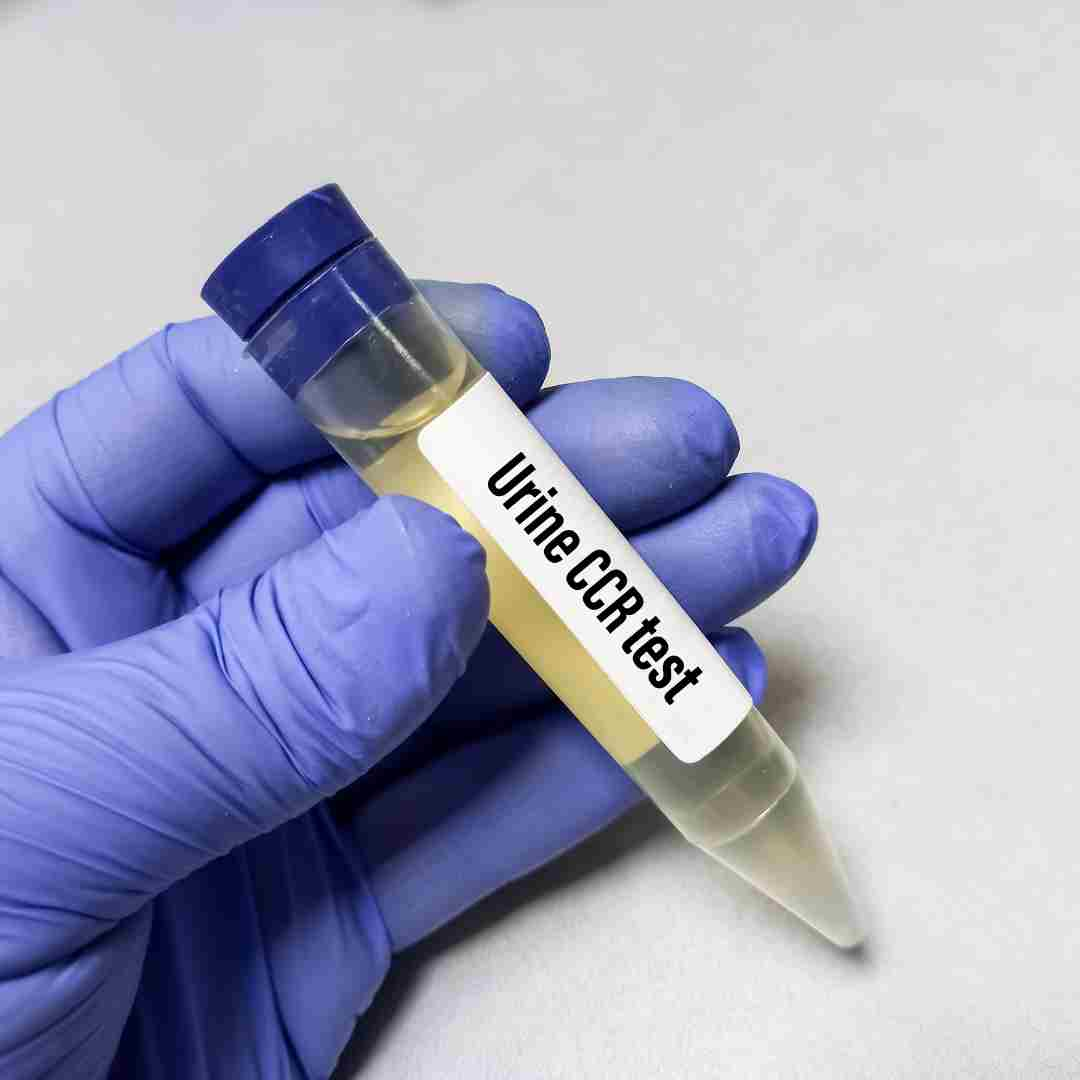Does Rabbit Urine Damage Plants?
Due to its nitrogen content, rabbit urine can harm plants. Plants need nitrogen, but too much might destroy them. Rabbit urine contains concentrated nitrogen that burns plant leaves and roots. Stunted growth, yellow foliage, and plant death might result.
Rabbit urine can potentially include plant-harming germs and parasites. These organisms can cause root rot, which can kill plants.
Rabbit urine can damage plants, so keep them away. If rabbits are let to explore a garden, inspect plants for damage often. Take steps to protect plants if damage is observed. Fence the area or use rabbit repellents.
Avoiding Rabbit Urine Damage in Your Garden
Rabbits are typical garden pests, and their urine can damage plants. There are various ways to prevent rabbit urine harm to your vegetation.
Start by fencing your garden. Rabbits can jump, thus fences should be two feet high. Rabbits can tunnel beneath fences, so safeguard them. To keep rabbits out of your vast garden, try a motion-activated sprinkler system.
Second, deter rabbits from your garden. Repellents include sprays, granules, and ultrasonic devices. Some repellents are hazardous to plants, so read the directions before using.
Third, plant rabbit-resistant plants. Lavender, rosemary, and mint are avoided by rabbits. Plant lamb's ear and lamb's quarters, which have thick, fluffy leaves.
Finally, clean and declutter your garden. Rabbits prefer concealment, so removing hiding spaces might deter them.
Follow these techniques to prevent rabbit pee harm to your garden. A little effort can keep your garden safe and healthy.
Plant Growth Benefits from Rabbit Urine?
Plants have long been fertilised with rabbit urine, and current research shows it can help. Rabbit urine contains nitrogen, phosphate, and potassium, which plants need. Trace minerals including magnesium, calcium, and iron in rabbit urine promote soil fertility.
Rabbit urine provides nitrogen, which green plants need. Nitrogen increases leaf and stem growth, flower and fruit size, and number. Rabbit urine contains phosphorus, which promotes root growth and soil water and nutrient absorption. Potassium boosts plant disease resistance, drought tolerance, and other environmental challenges.
Trace minerals including magnesium, calcium, and iron in rabbit urine promote soil fertility. Magnesium encourages beneficial soil microbes, which improve soil structure and water and nutrient retention. Iron and calcium strengthen the soil's ability to absorb and retain nutrients.
Rabbit urine includes nutrients and beneficial bacteria and fungus that promote soil structure and water and nutrient retention. Rabbit pee includes enzymes that break down soil organic materials, improving soil fertility.
Due to its nutrients and helpful bacteria and fungi, rabbit urine can help plants thrive. Rabbit urine boosts soil fertility, root growth, and plant resilience.
Rabbit Urine Management in Your Garden
Rabbit urine discolours and damages plants in the backyard. Luckily, there are various ways to manage rabbit urine in your yard.
Urine source must be identified first. Pet rabbits can be trained to urinate in a particular area. If wild rabbits are peeing in your lawn, fence them out.
Neutralise urine using a spray. Several products neutralise rabbit urine acidity. When sprayed directly on the affected area, these treatments decrease urine staining and damage.
Third, mulch absorbs pee. Mulch absorbs urine and reduces plant damage. Some mulches are hazardous to plants, therefore use a garden mulch.
Finally, a repellent can prevent rabbit urination in your garden. There are various rabbit-repellent products that can keep them out of your garden.
These measures will help you control rabbit urine in your garden. With some work, you can maintain your garden looking good and safeguard your plants.
To Stop Rabbits Urinating on Plants
Rabbits are adorable yet harmful to gardens. Here are some ways to discourage rabbits from urinating on your plants.
Create a physical barrier around your plants first. This can be done by fencing your garden. Make the fence at least two feet high and one inch mesh. It will keep rabbits out of your garden.
Second, employ repellents. Many repellents keep rabbits away from plants. Spray these repellents on plants or around your garden. Garlic, pepper, and ammonia repellents work.
Third, use a motion-activated sprinkler. Movement triggers this sprinkler to spray water. Bunnies will be startled and deterred from invading your garden.
You can also grow rabbit-unfriendly plants. Rabbits dislike lavender, marigolds, and daffodils. Planting these plants around your property can deter bunnies.
These techniques can prevent rabbits from urinating on plants.